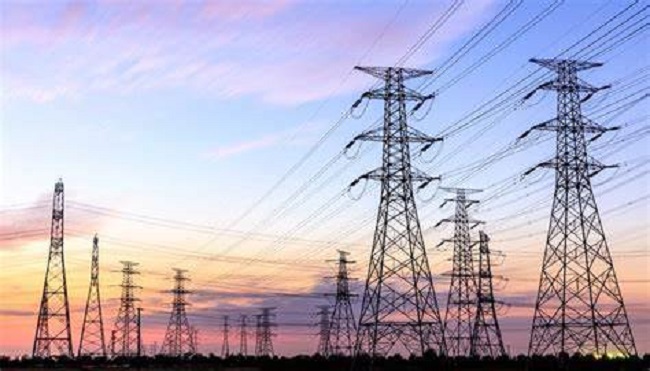SEO Riders:
– Impact of Nigeria’s power crisis on SMEs
– Rising operational costs due to unreliable electricity in Nigeria
– Government initiatives to address Nigeria’s electricity challenges
Nigerian businesses are reeling under the weight of an unreliable power supply, leading to skyrocketing operational costs and widespread closures. Small and medium enterprises (SMEs), which form the backbone of the economy, are particularly affected. Many are forced to rely on expensive diesel generators to maintain operations, with some spending up to ₦400,000 monthly on fuel alone. This financial strain has led to reduced profits, layoffs, and, in some cases, complete shutdowns. The Manufacturers Association of Nigeria reports that about 60% of manufacturers have exited the national grid due to its unreliability, opting instead for self-generated power, which further escalates production costs and diminishes competitiveness.
The broader economic implications are dire. The Lagos Chamber of Commerce and Industry estimates that poor power supply costs the Nigerian economy over ₦10 trillion annually, approximately 10% of the nation’s GDP. This loss stems from decreased productivity, increased operational expenses, and reduced consumer purchasing power due to inflation driven by high energy costs. In response, the federal government has introduced the National Integrated Electricity Policy, aiming to attract $32.8 billion in investments by 2030 to revamp the power sector. However, experts argue that without immediate and effective implementation, Nigerian businesses will continue to suffer, hindering economic growth and development.
